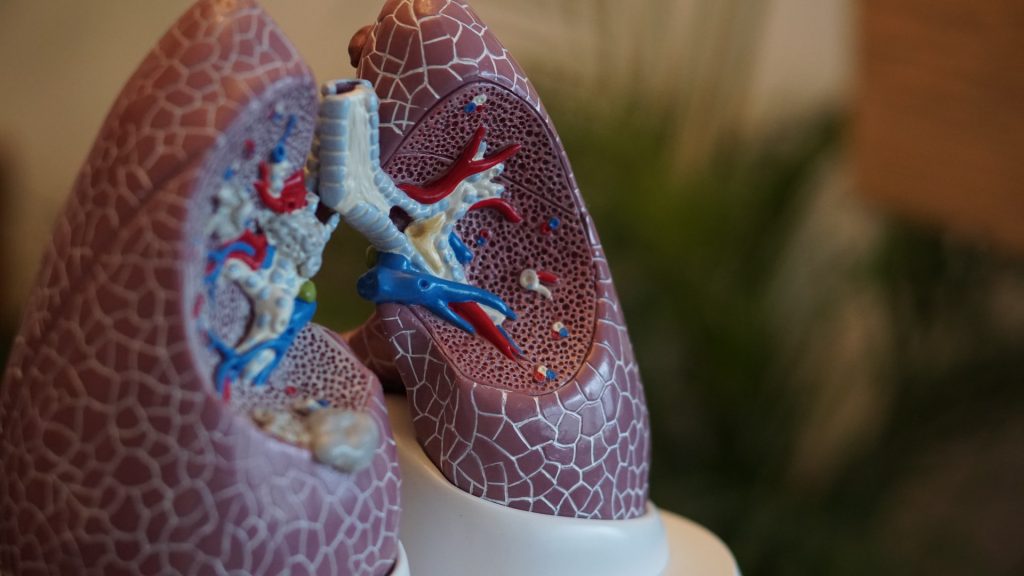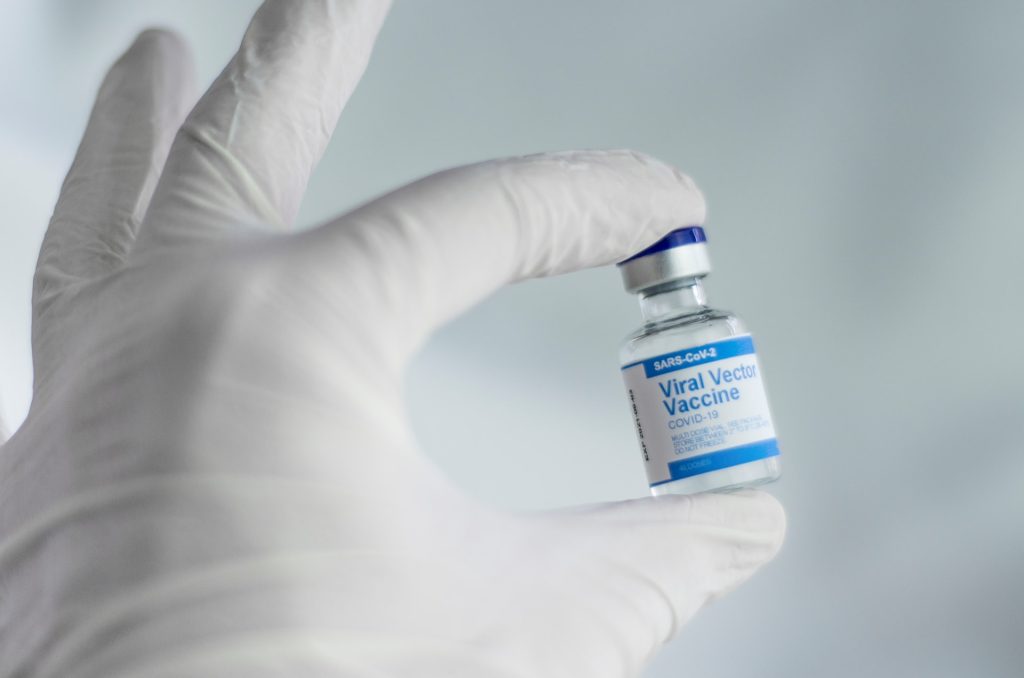Gastric Surgery for Weight Loss Harms Adolescents’ Bone Development

In sleeve gastrectomy (SG), about 80% of the stomach is removed to reduce obesity and its complications. It has been observed to be associated with bone loss in adolescents, prompting a prospective study published in the Journal of Bone and Mineral Research, that revealed through imaging tests that SG decreases strength and bone mineral density of the lumbar spine in adolescents and young adults.
The researchers followed 29 adolescents and young adults with obesity underwent SG and 30 were without surgery over 12 months. At baseline and 12 months, participants underwent computed tomography of the lumbar spine for bone assessments and magnetic resonance imaging of the abdomen and thigh for body composition assessments.
Participants in the SG group lost an average of 34.3 kg 12 months after surgery, whereas weight was unchanged in controls. There were significant reductions in abdominal fat tissue and thigh muscle in the SG group compared with controls. Also, bone strength and bone mineral density decreased in the SG group compared with controls. Reductions in bone strength and bone mineral density were associated with reductions in body mass index, abdominal fat tissue, and muscle.
“Weight loss surgery is very effective in treating obesity and obesity-associated comorbidities in adolescents and young adults with obesity; however, it can cause loss of bone density and strength. We hope that our study raises awareness of the importance of bone health after weight loss surgery, so physicians can make sure that children eat a healthy diet with enough calcium and vitamin D and engage in weight-bearing activity to build up muscle mass, which is good for bones,” said corresponding author Miriam A. Bredella, MD, of Massachusetts General Hospital.
Source: Wiley





